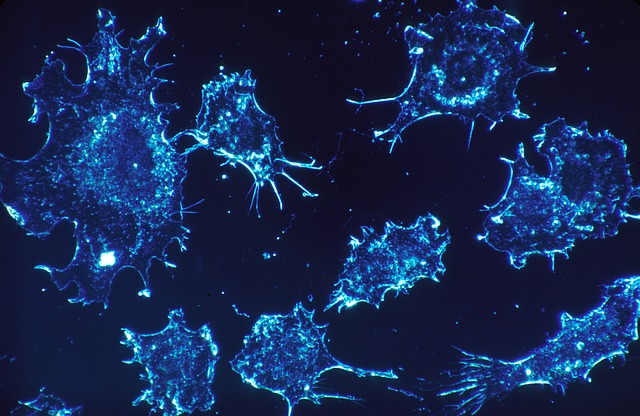
The US Food and Drug Administration reached an ‘historic decision’ this week by giving its approval to tisagenlecluel, a gene-based therapy for the treatment of a type of acute lymphoblastic leukemia (ALL). The technology, marketed as “Kymriah” by pharmaceutical giant Novartis, is the “first gene therapy available in the United States”.
The treatment involves a “living drug” and there is a customized process for making it. T-cells (also called T lymphocytes, a type of white blood cell) are extracted from the patient’s blood and sent to Novartis’ NJ facility where the cells are modified to introduce a new gene for production of CAR (chimeric antigen receptor). The modified cells are then multiplied before being sent back to the patient for re-infusion. Inside the patient’s body, the CAR T-cells attack the leukemia cells and keep on multiplying to fend off new cancerous formations. This explains the “living drug” nature of Kymria.
ALL is a blood cancer that happens in the bone marrow where there is excessive production of abnormal white blood cells. In the US alone, about 3,100 patients aged 20 and below are diagnosed with the disease every year. ALL can affect anyone but most patients are children. Around 15-20% of acute lymphoblastic leukemia patients do not respond to conventional treatments and they are the potential ones who can enjoy the benefits of CAR T-cell therapy.
That said though, the treatment is not void of serious side effects. Patients who took part in the trials have experienced high fevers and flu-like symptoms (due to an inflammatory response called CRS or cytokine release syndrome); seizures, delirium and other neurological effects; low blood pressure; low blood oxygen; acute kidney injury; and serious infections. Despite these risks, the Oncologic Drugs Advisory Committee unanimously endorsed the therapy for approval this past July mainly due to the beneficial results. 83% of the patients, a mix of children and young adults, went into remission and were granted a lifetime protection akin to vaccination.
Now that the FDA approval is out, many are still skeptical if the therapy can be rapidly adapted. One cycle of Kymria has a hefty cost estimated at $475,000. Also, there are only 32 approved sites across the US and, with the entire CAR T-cell process taking 22 days, some centers have reported shortages during the experiment.
Kymriah technology is one of the many studies on T-cell modification. Its exact roots can be traced to the original research made by scientists Carl June and Bruce Levine. The two first worked on HIV treatment before they got involved with cancer research as a part of a University of Pennsylvania research team in 1999. When the team ran out of funds, they published their work in New England Journal of Medicine. The publication generated a significant amount of publicity in 2011. That same year, they were able to license the technology to Novartis.
Kymriah is the first approved gene therapy for cancer treatment but scientists are expecting similar therapies to be approved in the near future. Novartis is working toward another FDA approval gene therapy by the end of this year, this time for a type of lymphoma. Another pharmaceutical company, Kite Pharma, is also seeking approval for their technologies for the treatment of non-Hodgkin lymphoma and solid tumors. When we look at all these developments, one can not help but see that we are entering a new era where cutting-edge technologies are slowly taking over the spot long occupied by conventional therapies.

Leave a Reply